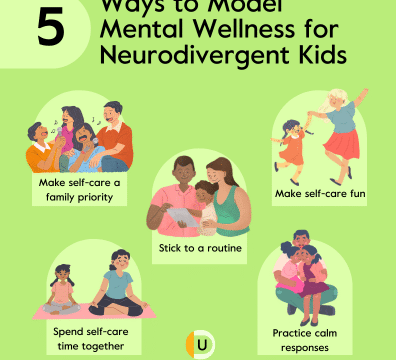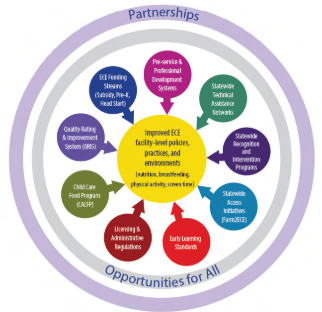Online learning has become an essential part of education in today’s digital world. Whether you’re a student pursuing academic goals or a professional developing new skills, having the right tools can greatly improve your learning experience. In this article, we will explore some of the most effective tools available to support your success in online education.
1. Learning Management Systems (LMS)
Learning Management Systems are platforms that help educators and learners organize, manage, and deliver educational content. LMS platforms provide a centralized space for uploading assignments, distributing materials, conducting quizzes, and tracking progress. Popular options include:
- Google Classroom: Integrates seamlessly with other Google services and provides a simple interface for classroom management.
- Moodle: A widely-used open-source platform known for its flexibility and customization options.
- Canvas: Offers a user-friendly interface and robust tools for grading, communication, and collaboration.
These systems help students stay on top of their coursework and offer educators powerful tools to manage learning activities.
2. Note-Taking Applications
Effective note-taking is vital for retaining information and reviewing key concepts. Digital note-taking apps help organize ideas and sync across multiple devices. Some reliable options include:
- Evernote: Known for its robust features such as tagging, web clipping, and notebook organization.
- Notion: Combines notes, task lists, and databases in one workspace, ideal for organizing complex subjects.
- Microsoft OneNote: Mimics a physical notebook and allows for drawing, multimedia integration, and collaboration.
These apps can improve study habits and make it easier to review materials before exams or assignments.
3. Video Conferencing Tools
Live instruction and interactive discussions are essential components of many online learning programs. Video conferencing platforms enable real-time communication between students and educators. Some of the leading tools include:
- Zoom: Offers high-quality video, screen sharing, and breakout rooms for group activities.
- Google Meet: Simple and accessible, especially for users within the Google ecosystem.
- Microsoft Teams: Combines video conferencing with collaborative document editing and integration with Office 365.
These tools help recreate the traditional classroom environment in a virtual setting, fostering engagement and participation.
4. Productivity and Time Management Tools
Managing time effectively is a common challenge in online learning. Tools that promote productivity and organization can help learners stay focused and meet deadlines. Recommended options include:
- Trello: A visual task management tool that uses boards, lists, and cards to organize work.
- Asana: Designed for team collaboration, but also useful for personal task tracking.
- Pomodoro Timers: Tools like Focus Keeper help maintain concentration using timed intervals for focused work and breaks.
Using these tools can reduce procrastination and enhance your ability to manage complex schedules.
5. Online Learning Platforms
A variety of platforms offer structured courses across subjects, taught by professionals and university instructors. These platforms provide flexible learning options for all levels:
- Coursera: Partners with top universities and companies to offer accredited courses.
- edX: Similar to Coursera, with a wide range of academic and professional courses.
- Khan Academy: Free educational content for school-level subjects, ideal for younger learners or foundational knowledge.
- Udemy and Skillshare: Focus on practical skills like coding, design, and business with more informal course structures.
These resources make it possible to learn at your own pace and tailor your education to your interests and career goals.
6. Language Learning Tools
For those interested in learning a new language, digital tools offer interactive and effective methods. Options include:
- Duolingo: A gamified approach that keeps learners engaged through levels and rewards.
- Memrise: Focuses on vocabulary and real-life usage through video and repetition.
- Busuu: Provides structured lessons and the opportunity to practice with native speakers.
These tools support consistent practice and real-world application, essential for language acquisition.
7. Flashcards and Memory Aids
Memory retention is a key part of successful learning. Flashcard tools make it easy to review information and test knowledge:
- Quizlet: Offers pre-made flashcard sets, games, and practice tests.
- Anki: Uses spaced repetition algorithms to help reinforce learning over time.
- Brainscape: Tailors flashcard repetition based on your confidence level for each item.
These tools are especially helpful for memorizing definitions, formulas, and key terms.
Conclusion
Online learning offers flexibility and access to quality education from anywhere. By using the right tools, students and professionals can enhance their learning outcomes, stay organized, and maintain motivation. From managing tasks to engaging in live classes and reviewing material effectively, the tools listed above form a strong foundation for success in any online learning journey.
Choose the tools that best fit your learning style and needs, and you’ll be well on your way to achieving your educational goals.






